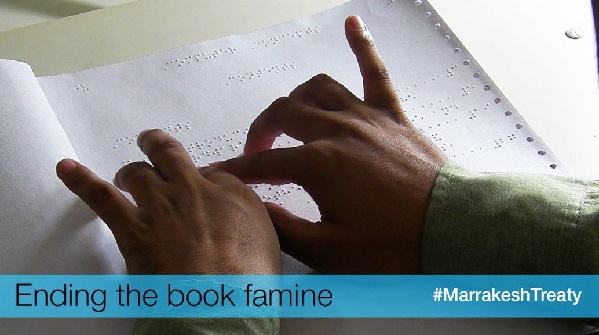By Jim Fruchterman, CEO, Benetech We stand on the threshold of ending the global book famine for people who read differently due to blindness, low vision, dyslexia, or a physical disability that interferes with reading. A bill to ratify and implement the Marrakesh Treaty was just introduced in the United States Senate by the chairs and ranking members of the Foreign Relations and Judiciary Committees. This bipartisan bill makes it possible for organizations such as Benetech to create accessible versions of books for all types of readers and to share them across borders through a copyright exception. As a result,…
1 CommentTag: Marrakesh Treaty
Published February 18, 2015
Benetech Wins All Children Reading: A Grand Challenge for Development Grant to Improve Literacy for Primary School Students with Disabilities in India
This article was originally posted on Benetech’s blog on February 5, 2015. We are delighted to share that USAID, World Vision, and the Australian Government awarded Benetech a 2015 grant to improve literacy for primary school students who are blind in India. The new grant, under the three partners’ All Children Reading: A Grand Challenge for Development literacy innovations competition, funds our proposed winning project to provide Indian students who are blind with mother tongue instruction and reading materials through Bookshare, our digital library of accessible books. This supports Benetech’s commitment to extend the benefits of Bookshare across borders to…
Leave a Comment
